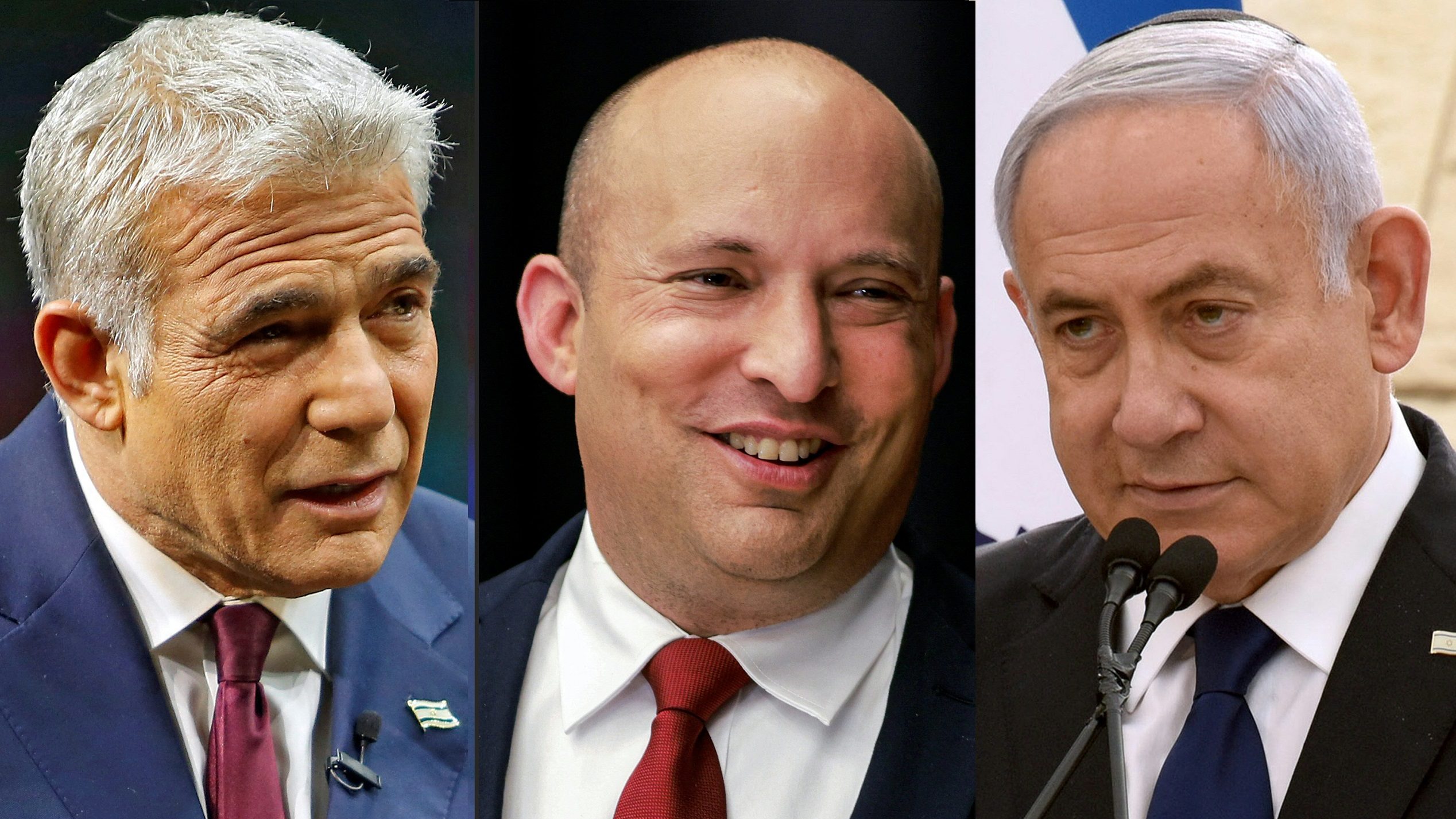Change Bloc’s Crossroads: Can Israel’s Opposition Turn Unity Into Power?
In conversations with reporter Gabriel Colodro, two of Israel’s best-known political thinkers lay out starkly different blueprints for the “Change Bloc” the opposition hopes to rebuild. Prof. Uriel Abulof argues the only real alternative to Prime Minister Benjamin Netanyahu’s religious-nationalist coalition is a movement that restores what he calls “real democracy,” using referendums, citizen assemblies, and a willingness to partner—with clear terms—with Arab parties. Prof. Yossi Shain offers a more pragmatic route: a centrist, patriotic coalition anchored in shared commitments such as national service for all, a formal probe of Oct. 7, and constitutional guardrails.
Both men agree the bloc has a chance only if it projects legitimacy and coherence, but they diverge on personnel and posture. Shain sees figures like Yair Lapid, Avigdor Liberman, Naftali Bennett, Gadi Eisenkot, and Yair Golan converging toward a liberal-Zionist center; Abulof is skeptical of personalities he views as hollow and warns the bloc cannot win while skirting Arab representation. Each uses history to frame the stakes—Shain contrasting a “clannish” status quo with a modernizing center, Abulof warning against a drift toward a Spartan-style state that subordinates everything to permanent mobilization.
Give the gift of hope
We practice what we preach:
accurate, fearless journalism. But we can't do it alone.
- On the ground in Gaza, Syria, Israel, Egypt, Pakistan, and more
- Our program trained more than 100 journalists
- Calling out fake news and reporting real facts
- On the ground in Gaza, Syria, Israel, Egypt, Pakistan, and more
- Our program trained more than 100 journalists
- Calling out fake news and reporting real facts
Join us.
Support The Media Line. Save democracy.
The background is familiar but urgent: a 2021 experiment in anti-Netanyahu unity that briefly worked; a coalition now powered by ultra-Orthodox partners; debate over whether the Gaza war pushed voters rightward or simply hardened emotions; and the collapse of Benny Gantz’s once dominant appeal. What unites the scholars is the diagnosis that Israel’s democratic fabric has thinned—and that only a credible, united alternative can repair it.
For the full texture—the names, the tradeoffs, and the political math—read Colodro’s complete report and decide which roadmap seems more likely to move Israel’s opposition from fragments to a governing force.



